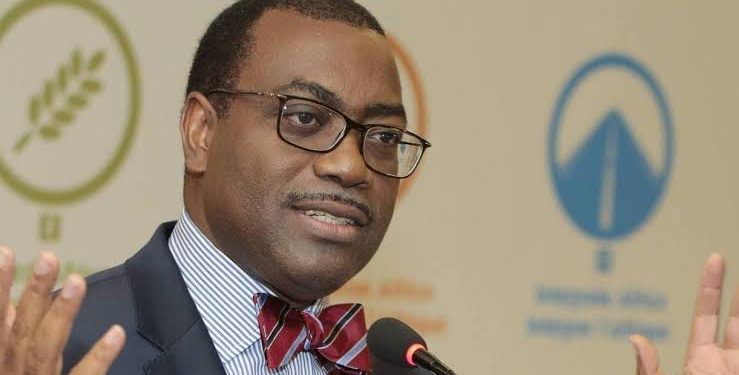By John Ikani
The Board of Directors of the African Development Bank (AfDB), yesterday, approved a $210 million loan for Nigeria to fund agro-industrial processing zones in different parts of the country.
The loan will co-finance phase one of the Nigeria Special Agro-Industrial Processing Zone Programme, a statement obtained from the Bank said.
The programme is expected to unlock Nigeria’s agriculture sector potential and create jobs for the citizens. It is conceived to promote industrialisation through the development of strategic crops and livestock.
According to the statement, the financing represents one of the Bank’s most ambitious operations in terms of scale and scope to date. The facility is made up of an AfDB loan of $160 million and an Africa Growing Together Fund loan of $50 million.
The first phase of the project targets seven Nigerian states and the Federal Capital Territory (FCT). The states and focal areas are Cross River (cocoa, rice and cassava), Imo (beef and dairy livestock), Kaduna (tomato, maize and ginger) and Kano (rice, tomato, groundnuts and sesame oil).
Others are Kwara (livestock), Ogun (cassava, rice, poultry and fisheries), Oyo (cassava, soybean and rice) and FCT (beef and dairy livestock).
According to AfDB, the project will support Nigeria’s efforts to raise agricultural output, promote investment, create wealth and transform rural areas into economic hubs. It noted that the phase would be implemented with co-financing totalling $538.05 million from other partners.
AfDB Group President, Dr. Akinwumi Adesina was quoted by the statement as saying: “This first phase of the programme is not government-driven. It is government-enabled and private sector-led. That is the critical way in which you have the structural transformation of agriculture. It is impressive to see a strong commitment from the Nigerian government – a very strong commitment from the Nigerian Minister of Finance and all of the state governments because they have to give the land, they make sure that all the regulations and incentives are provided.”
“Phase 1 of the Nigeria Special Agro-Industrial Processing Zones Programme will mobilise private sector investment in the agro-industrial hubs and agricultural transformation centres. It will impact some 1.5 million households as direct beneficiaries, with a target of creating 400,000 direct jobs and up to 1.6 million indirect jobs,” the Director-General of the Bank’s Nigeria Country Office, Lamin Barrow, was quoted.
The African Development Bank’s Vice President for Agriculture, Human and Social Development, Beth Dunford, was also quoted as: “Equitable employment and economic opportunities are a cornerstone of the Bank’s work. This program will target at least 50 per cent of women’s participation. The gender action plan will help ensure that there is the facilitation of broader lending to women.”
The AfDB’s Special Agro-industrial Processing Zones is a flagship of the Bank’s Feed Africa Strategy. The Bank plans to establish the zones in 18 African countries, including Nigeria. The zones are designed to concentrate production, processing, storage, transport and the marketing of commodities to increase productivity and reduce logistics costs.
The hubs are designed to revitalise peri-urban economies and create jobs for women, men, and young people. It includes a $2 million budget for a gender action plan that will provide agro-industrial hub gender-sensitive guidelines, workshops for women-led agricultural cooperatives and capacity-building training for women, the Bank said.
The Islamic Development Bank and the International Fund for Agricultural Development will provide parallel co-financing for the projects, while federal and state governments will contribute in cash and kind.




































